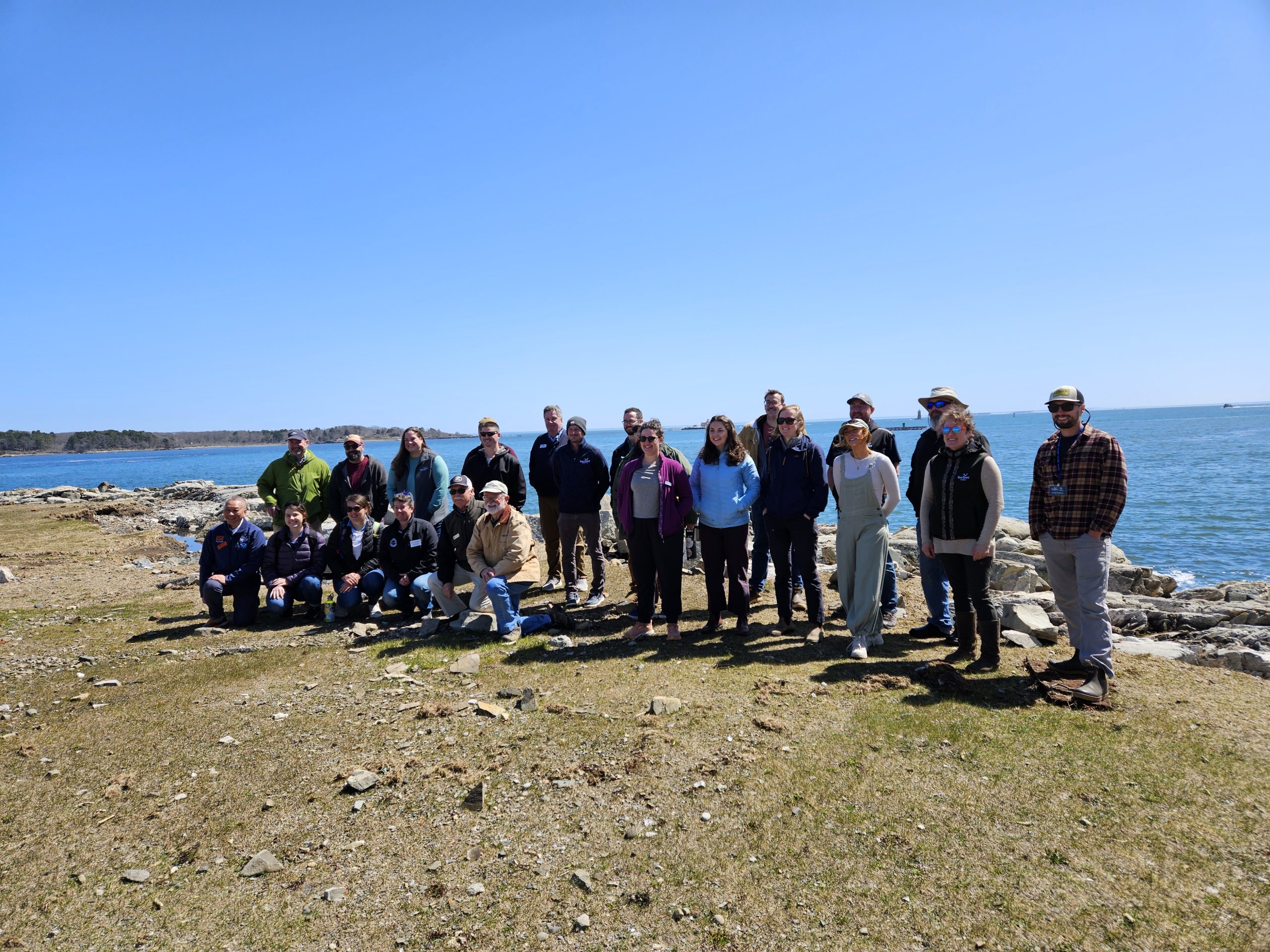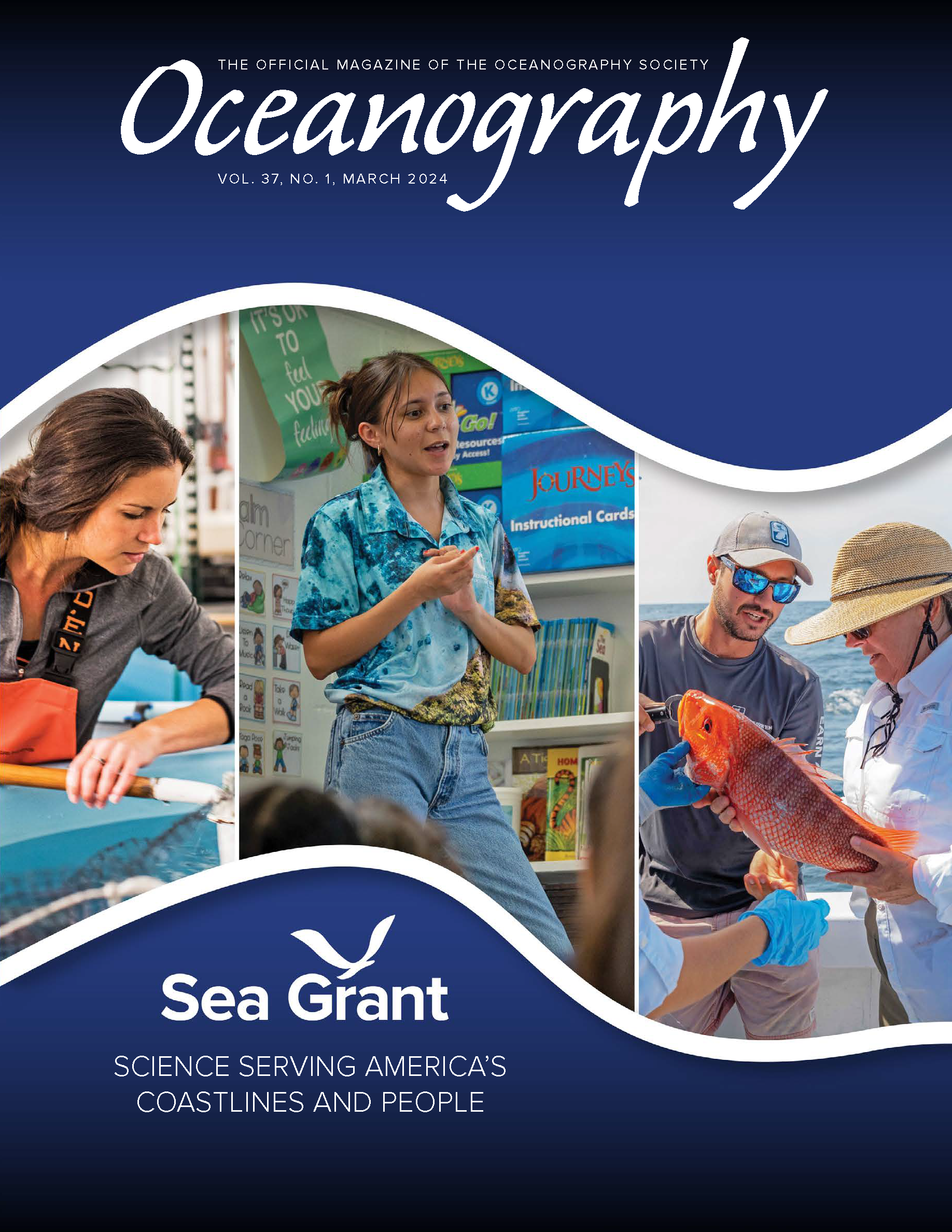A on going series of work shops covering Aquaculture and Fisheries Technologies is put on by Sea Grant Programs across the county
By Teresa Messmore, Delaware Sea Grant College Program
Working in the seafood world can mean getting peppered with questions about the health benefits and safety of eating fish and shellfish: Which have the most omega-3s? Who shouldn’t eat raw oysters? Is local, farm-raised fish better than imported wild catch?
The Delaware Sea Grant College Program is working with counterparts in Louisiana and Oregon to offer in-service trainings for industry professionals on how to effectively explain what can be complex issues.
“It can be overwhelming,” said Doris Hicks, seafood technology specialist with Delaware Sea Grant. “This is our effort to help seafood professionals better answer questions from the public related to these kinds of topics.”
The first “Aquaculture and Fisheries Technologies for Food and Health Educators, Seafood Professionals and Communicators: Aquaculture and Fish Tech 101” workshop took place at the University of Delaware’s Hugh R. Sharp Campus in Lewes, Del., on April 7-10, 2014. Additional training sessions will be offered in Portland, Ore., in the fall and New Orleans, La., in early 2015 in partnership with Oregon State University and Louisiana Sea Grant.
Participants receive training on seafood safety, handling and regulations, with sessions also providing insights on global trends and progress in aquaculture.
The Delaware workshop included a field trip to Samuels & Son Seafood in Philadelphia to see a processing facility firsthand, with additional stops at Lund’s Fisheries and the New Jersey Aquaculture Innovation Center before the group returned to Lewes via the Cape May-Lewes Ferry. Training also focused on analyzing seafood issues using science-based information, from the “Go Local” movement and nutrition to antibiotic use and genetically modified organisms (GMOs).
The workshops are geared toward a broad audience spanning food technologists, dieticians, extension agents, seafood buyers, distributors and retail personnel. Both industry veterans and those new to the field can benefit.
“Obviously a new person may not be aware of all these issues,” Hicks said. “But someone who has been in the field a long time still wants fresh ideas and the chance to network.”
The workshop builds on the organizers’ long track record of education and outreach efforts, such as the website seafoodhealthfacts.org and the “Framing the Message About Seafood” conferences. The trainers are Hicks, Delaware Sea Grant’s John Ewart, Christina DeWitt and Michael Morrissey of Oregon State University and Jon Bell of Louisiana State University.
Each of the three workshops around the country feature the same core topics, but they have some regional flavor useful to attendees.
“We thought it would be good to make it national in the respect that we’re offering the workshop on the East Coast, the West Coast and in the Gulf,” Hicks said.
The complete schedule for the Delaware workshop can viewed through this link, with more information on the Oregon and Louisiana available later this year. The workshops are supported by a grant from the NOAA Sea Grant Aquaculture Extension and Technology Transfer 2013.


